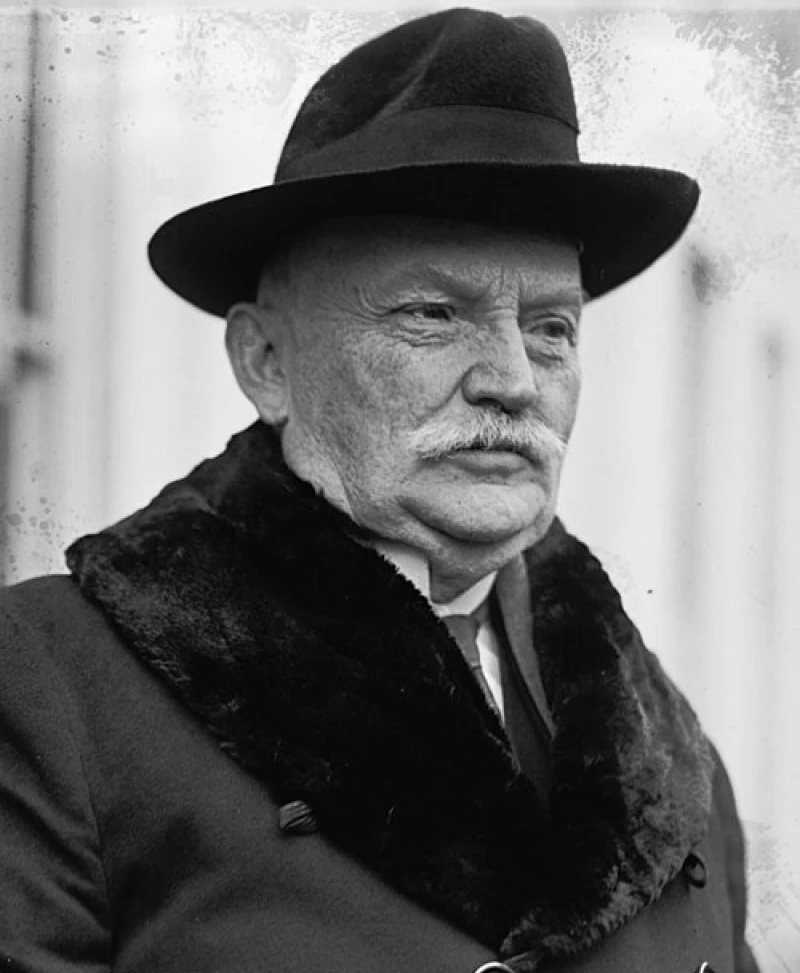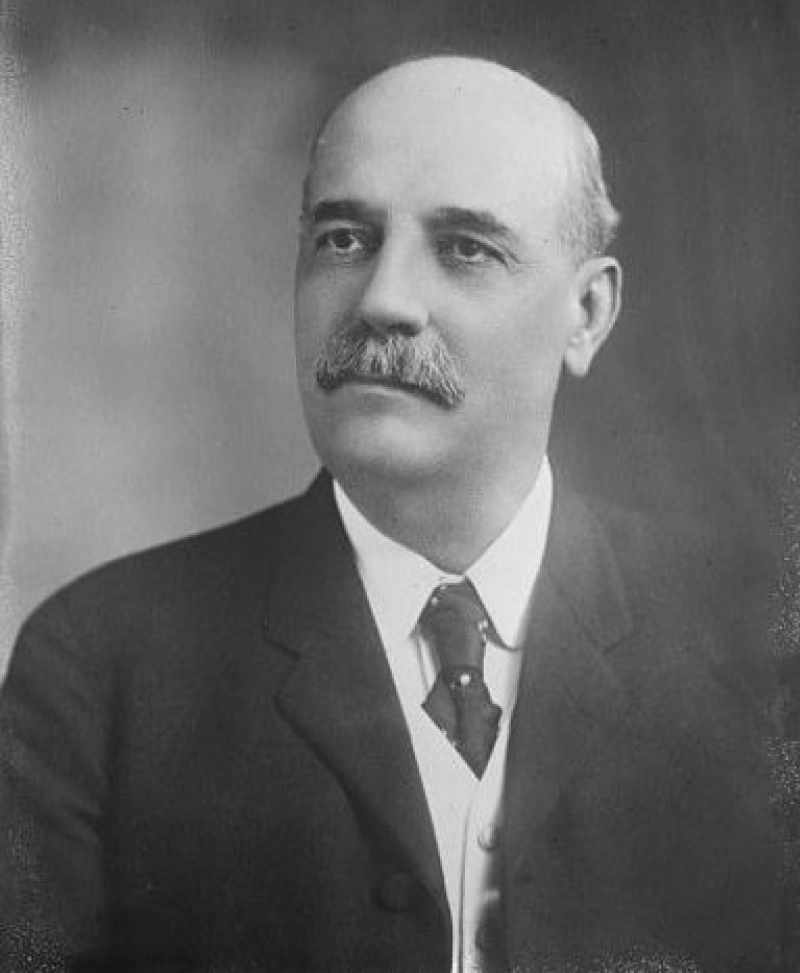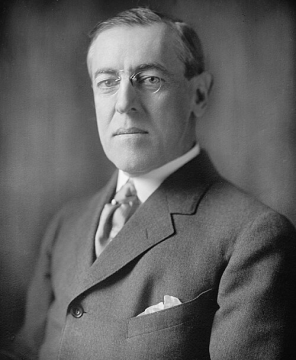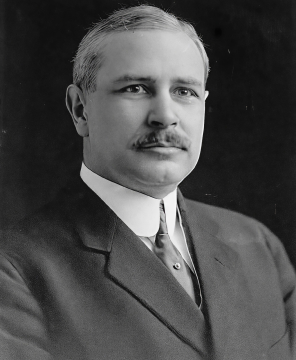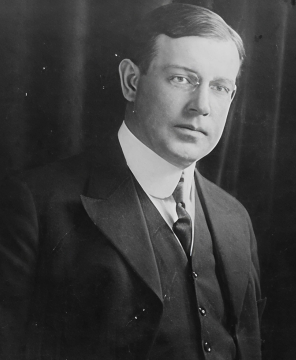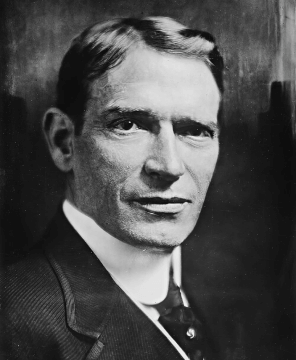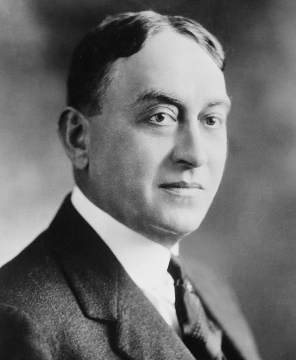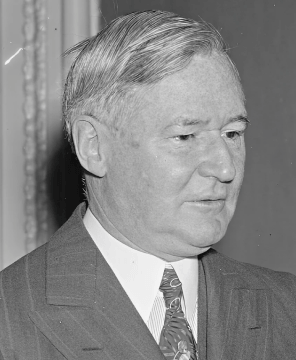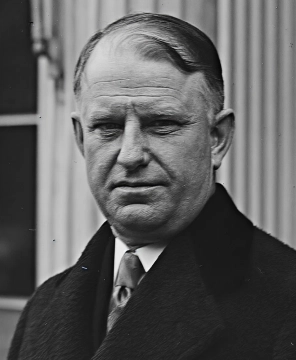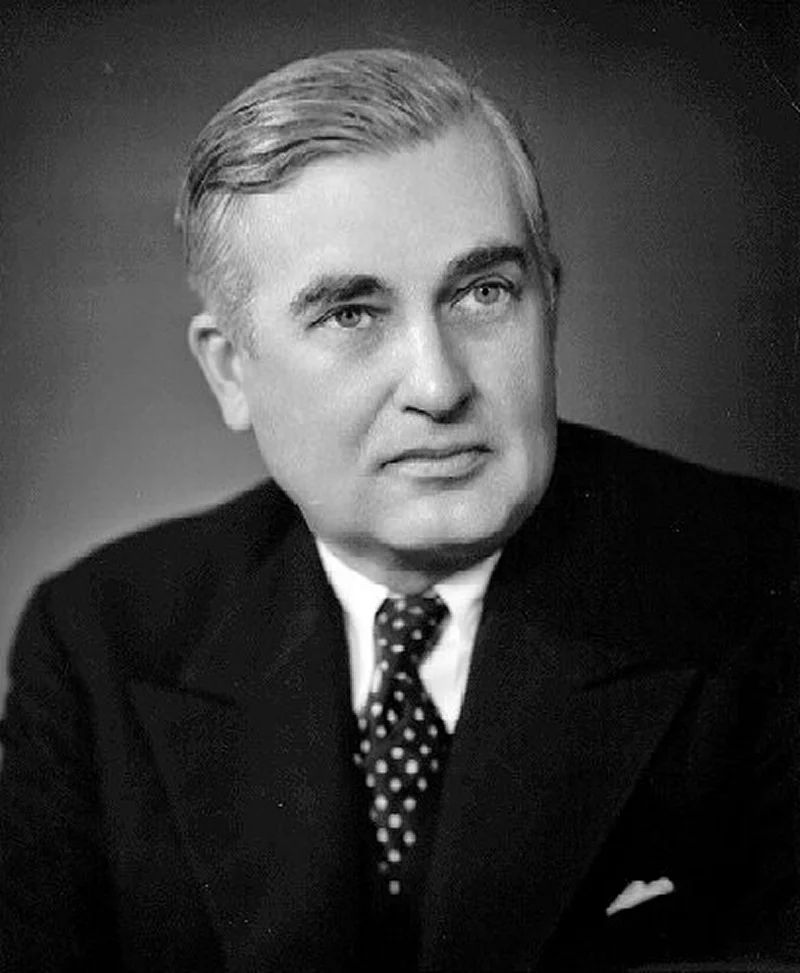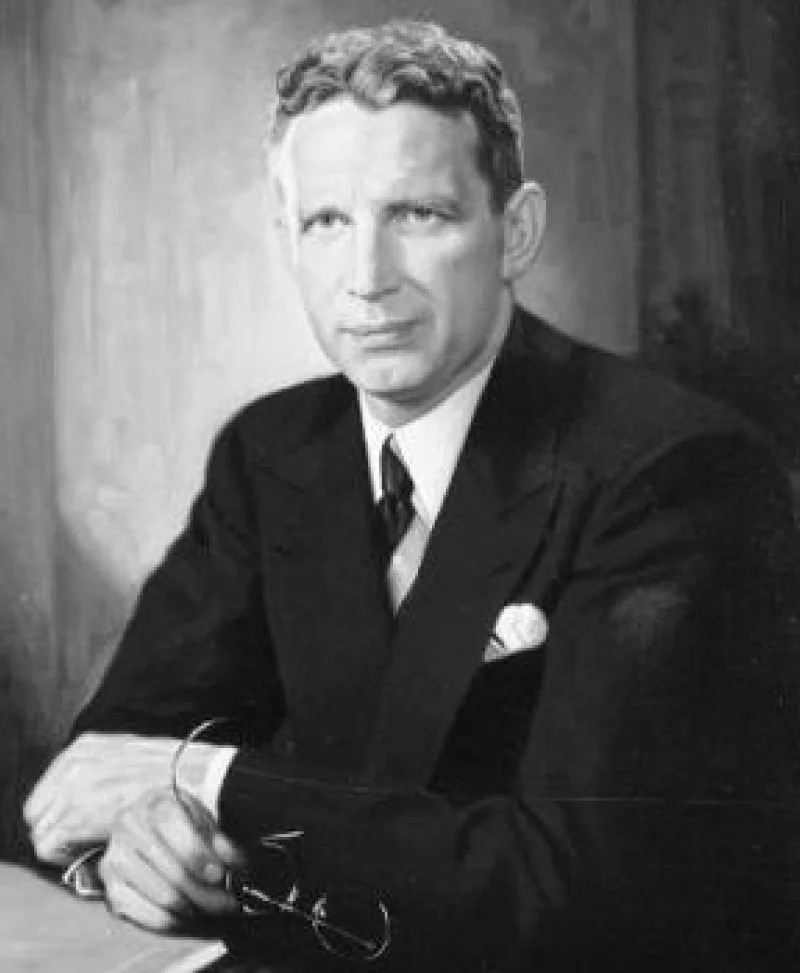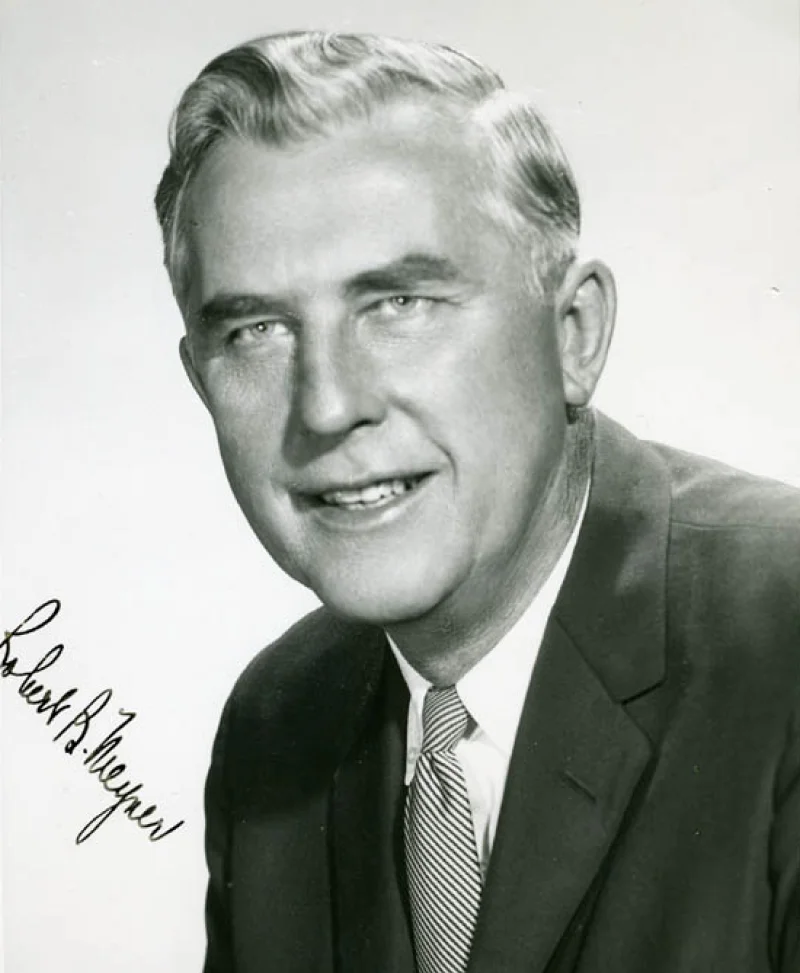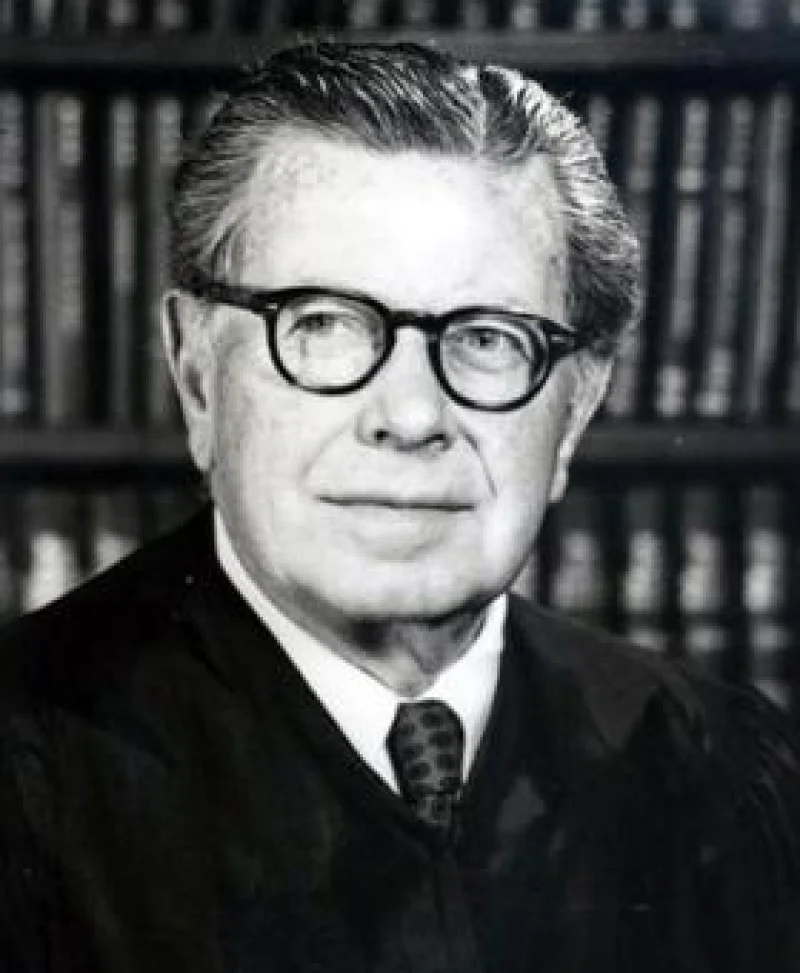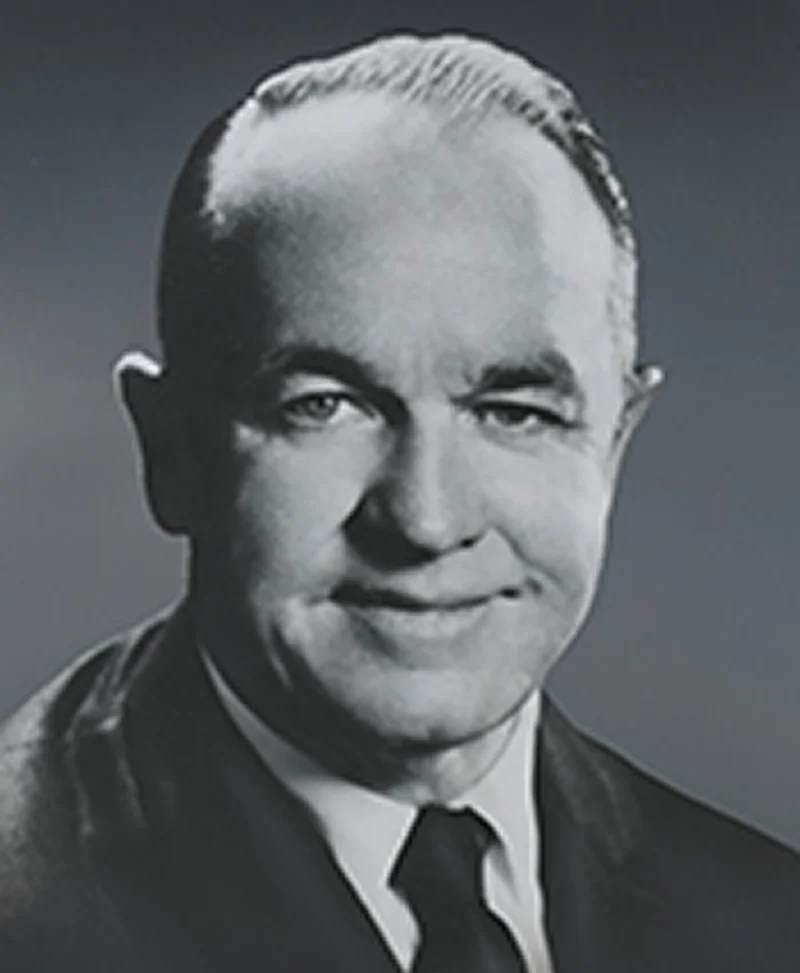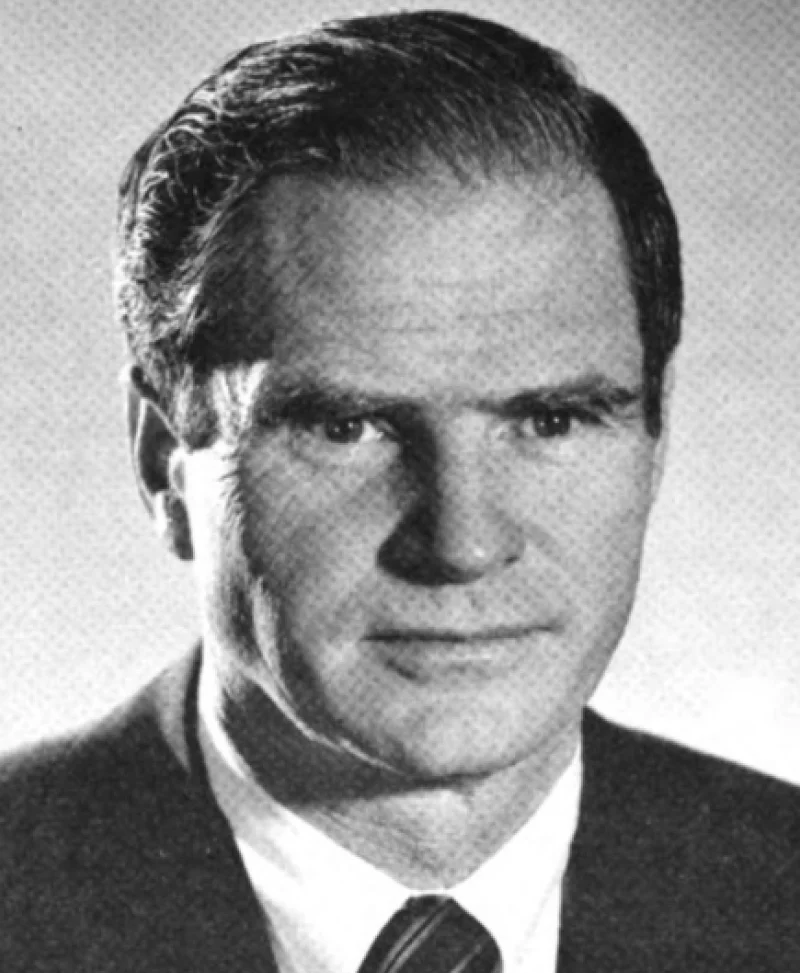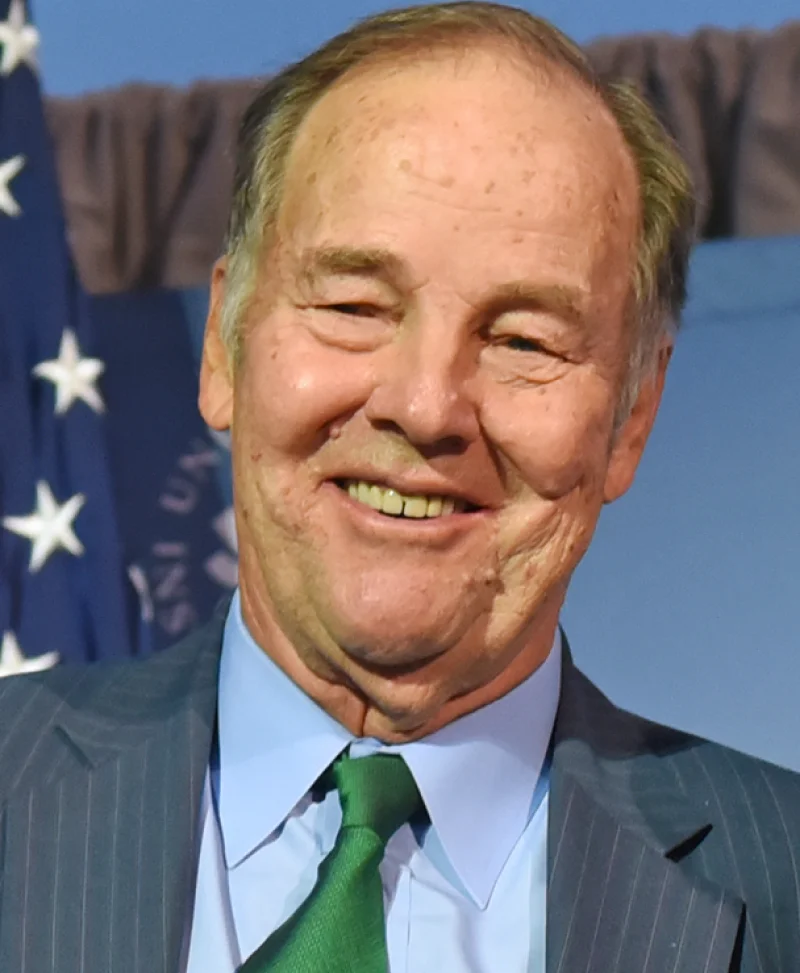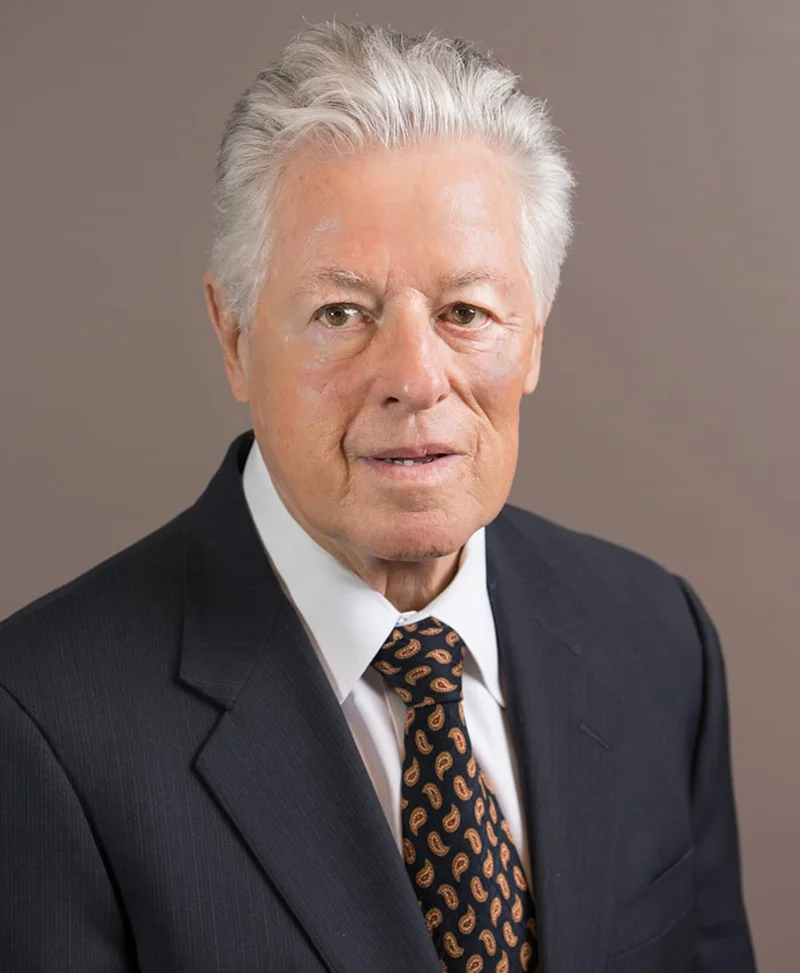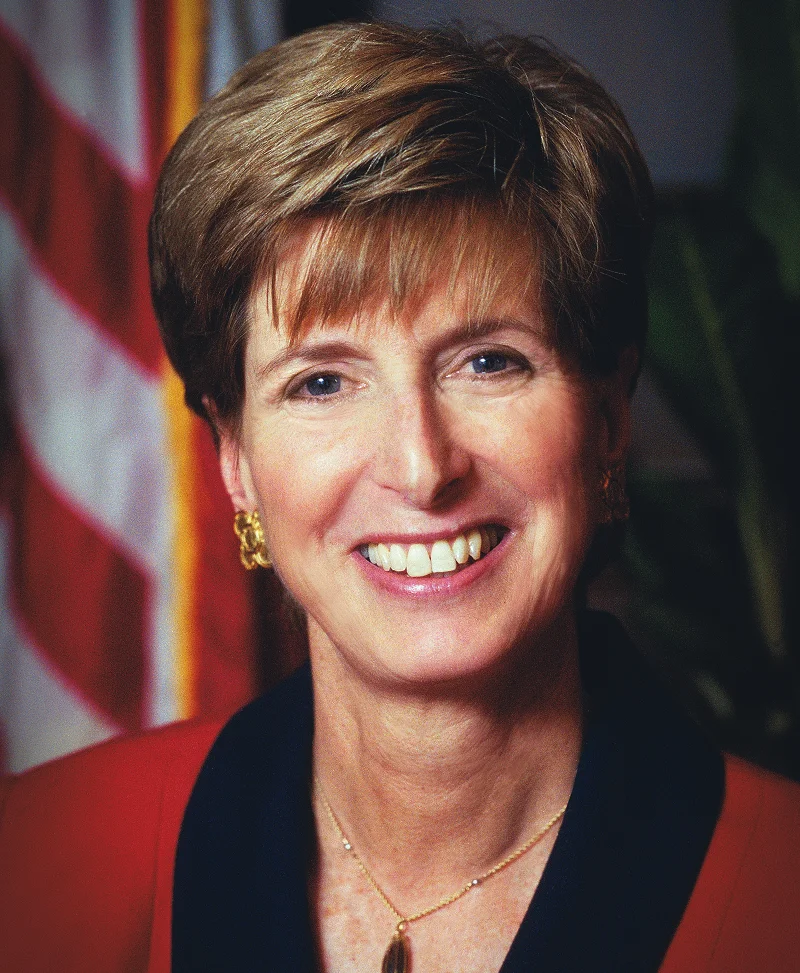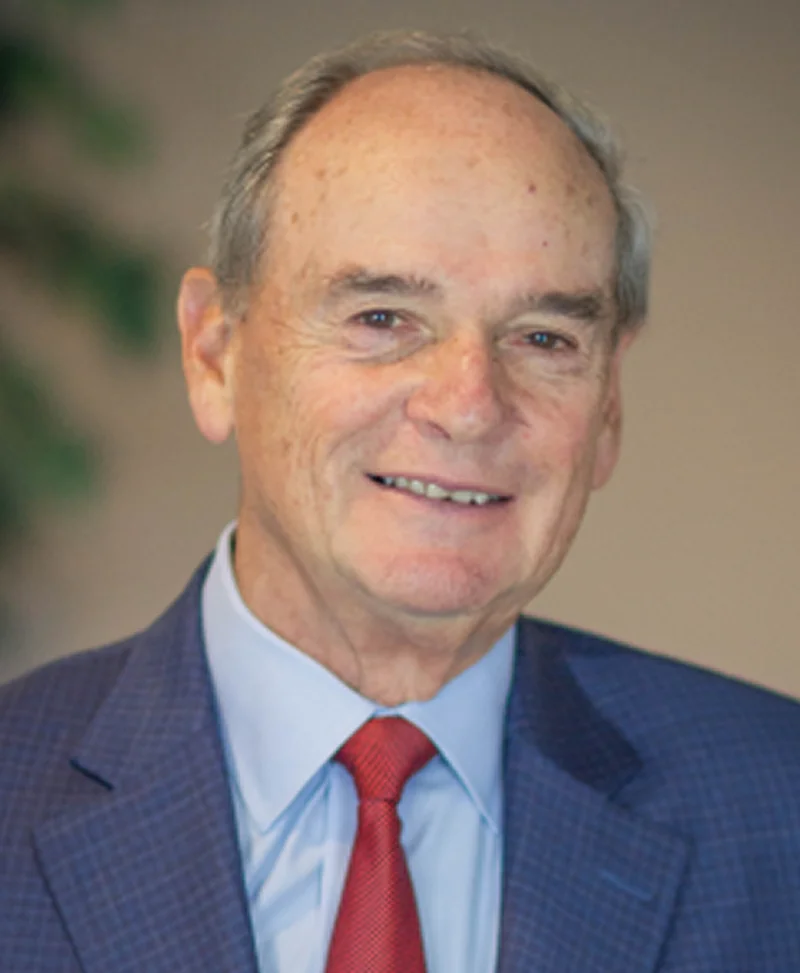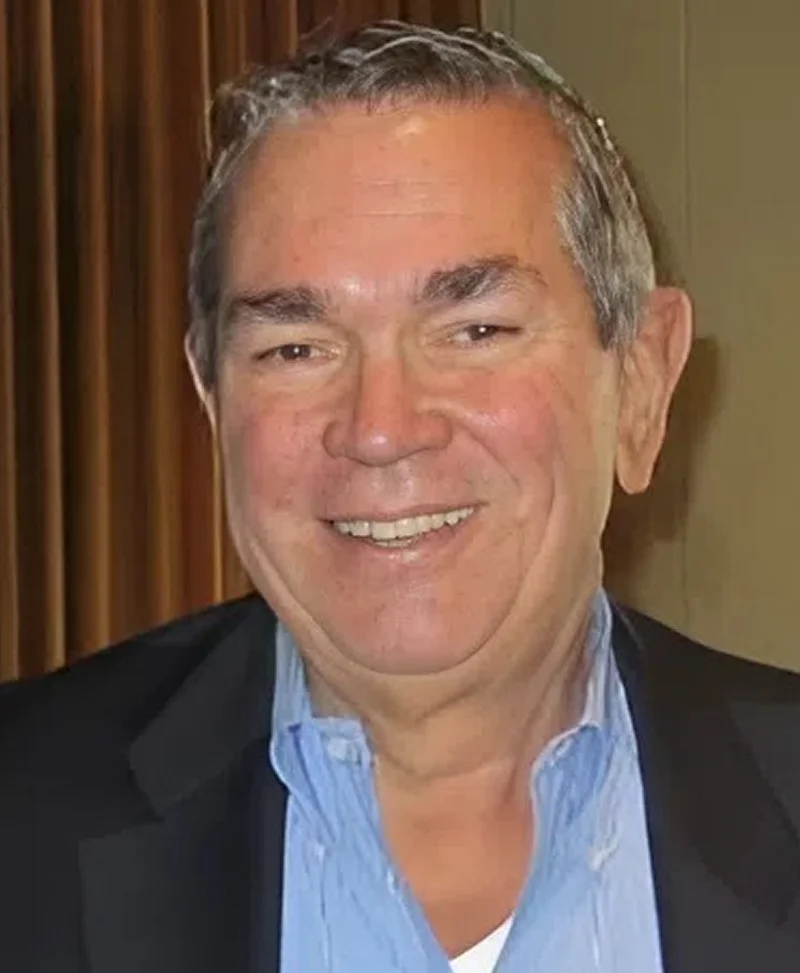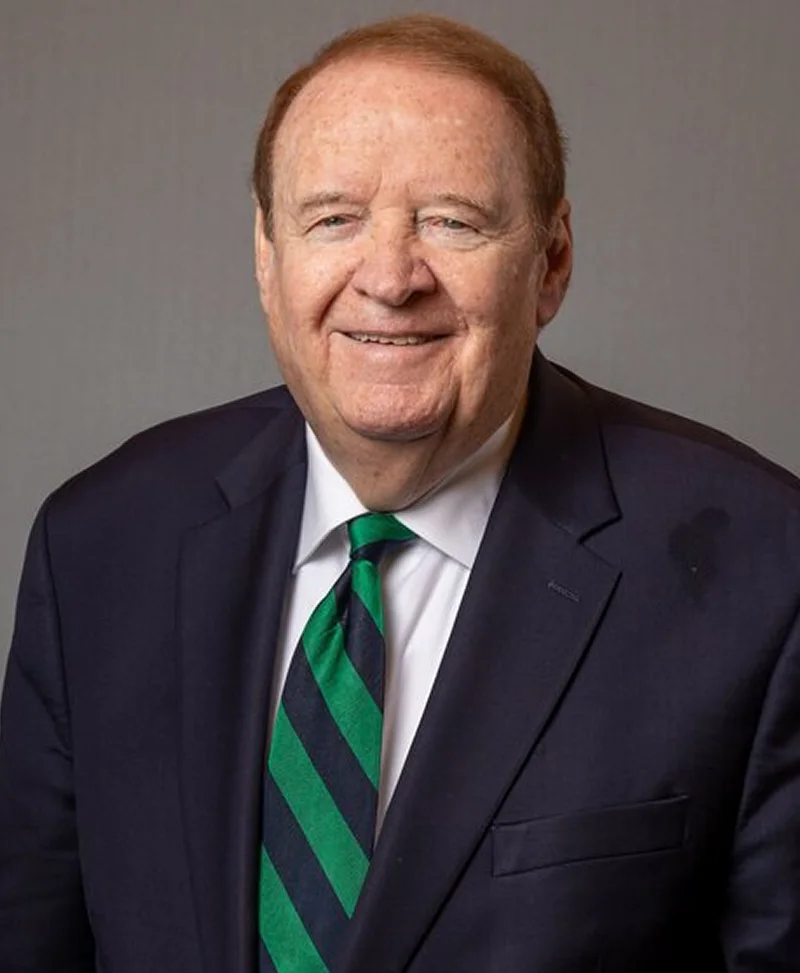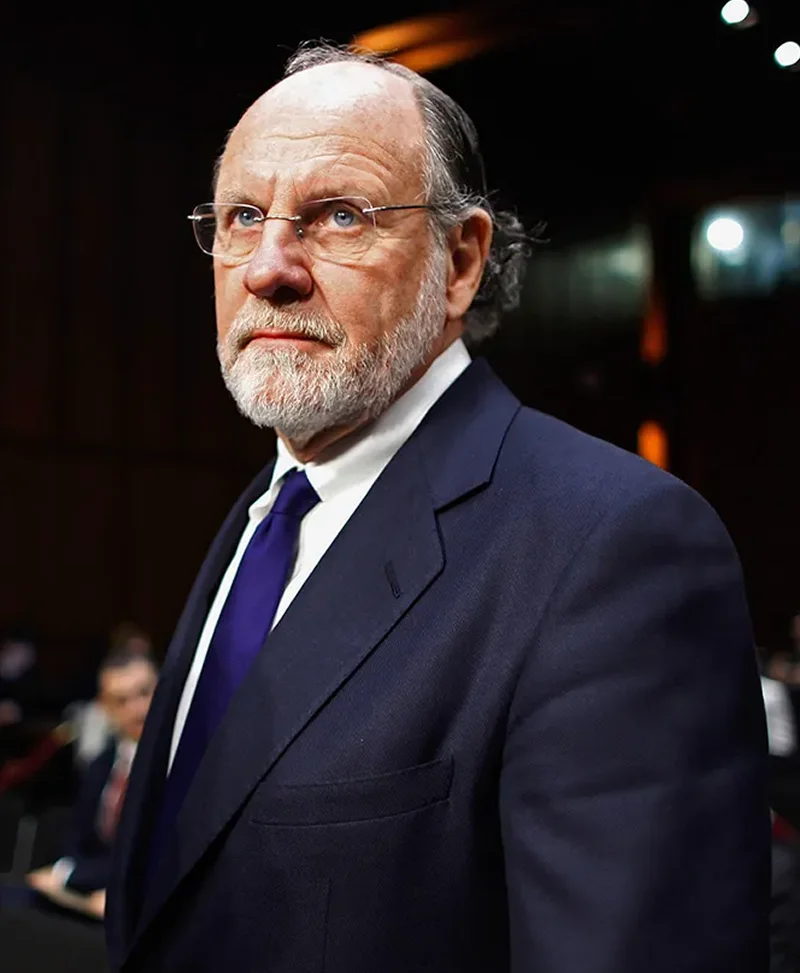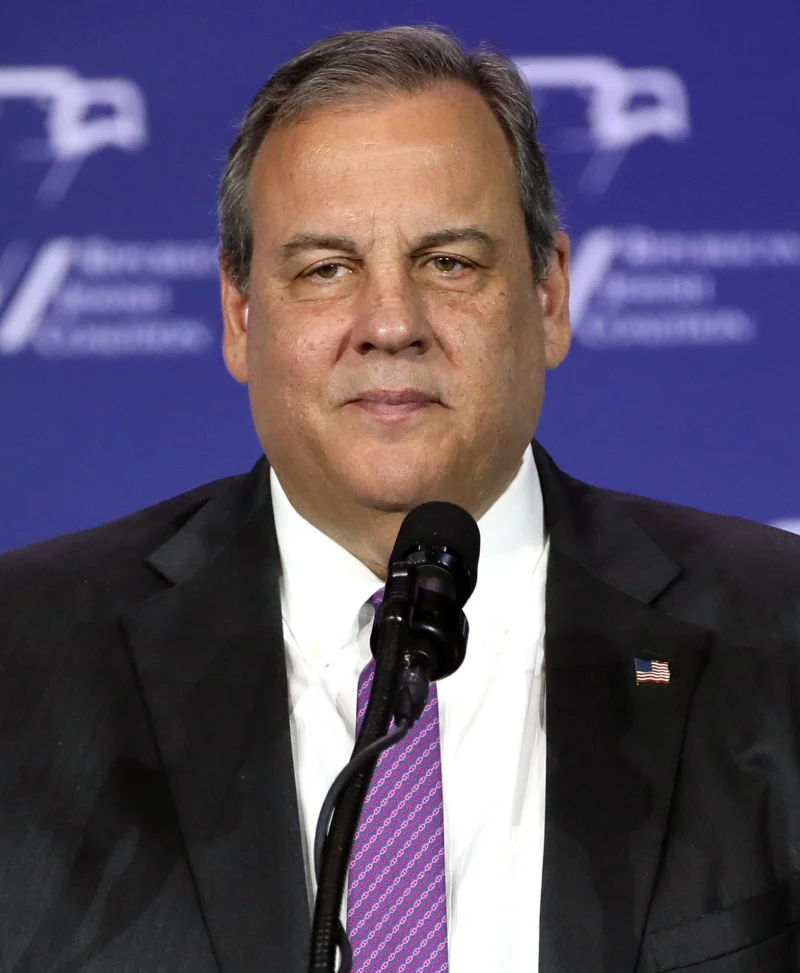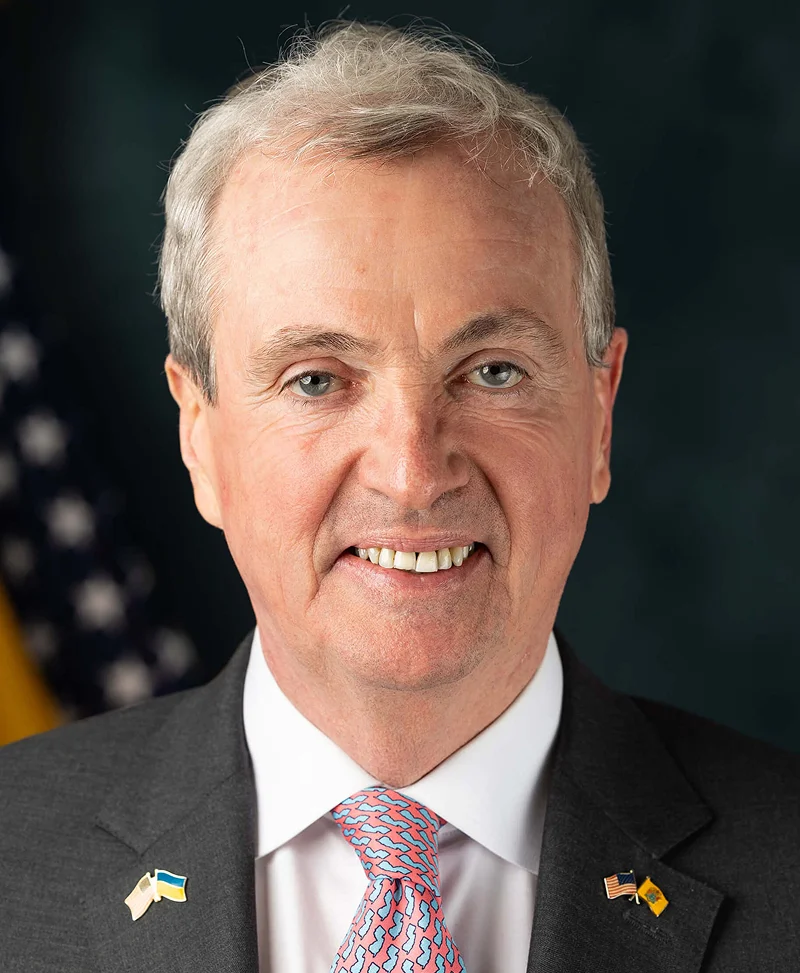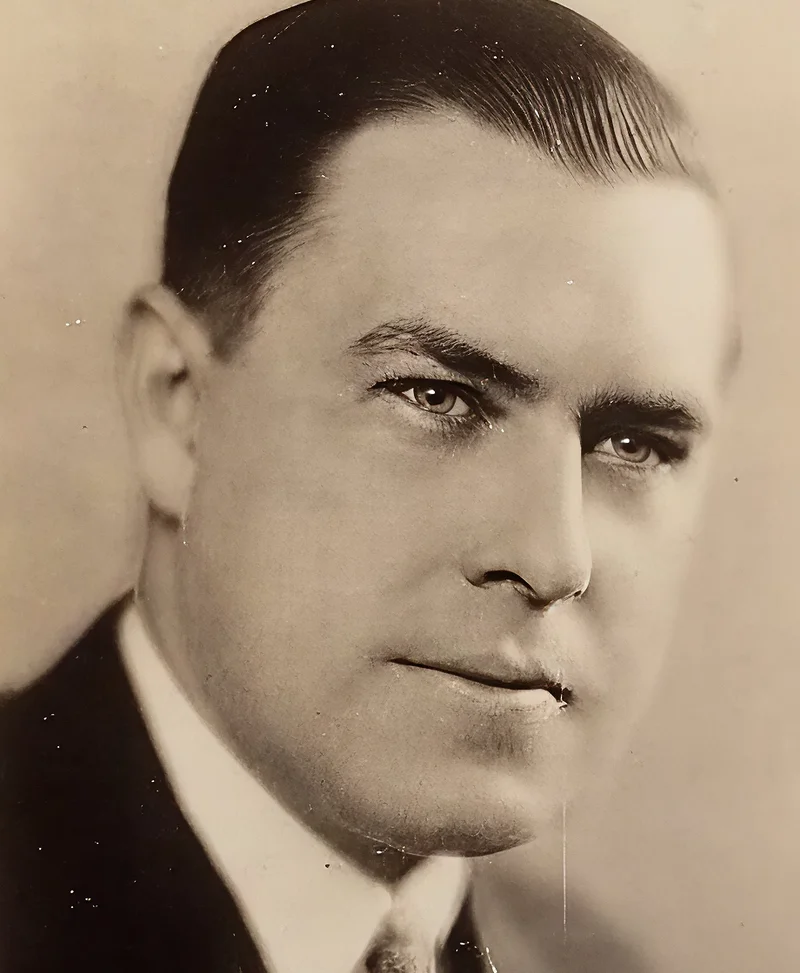
Harold Giles Hoffman
- Rutgers College (attended)
Harold G. Hoffman
Early Life and Education
Harold Giles Hoffman was born on February 7, 1896, in South Amboy, New Jersey. He attended local schools before enrolling at Rutgers College, where he studied briefly before enlisting in the U.S. Army during World War I. His early military service helped shape his disciplined approach to leadership.
Early Political Career
After the war, Hoffman entered public service as mayor of South Amboy and later served in the New Jersey General Assembly. He gained statewide attention as a Republican congressman from 1927 to 1931, representing New Jersey’s 3rd district. Known for his sharp political instincts, Hoffman returned to state politics and held the position of motor vehicle commissioner before seeking the governorship.
Governorship
Elected as the 41st Governor of New Jersey, Hoffman served from 1935 to 1938 during the height of the Great Depression. His administration focused on fiscal management, infrastructure improvement, and relief programs for the unemployed. However, his term was marred by controversy, particularly due to his commutation of the death sentence of Bruno Hauptmann, convicted in the Lindbergh baby kidnapping case, which stirred national debate.
Later Career and Scandal
After leaving office, Hoffman held various administrative positions, including state motor vehicle commissioner and executive director of the Unemployment Compensation Commission. In the 1940s, his career suffered due to allegations of financial improprieties involving state funds, which overshadowed his earlier political achievements.
Legacy
Harold G. Hoffman remains one of New Jersey’s most controversial governors. While he implemented significant Depression-era relief measures, his legacy is clouded by scandal and the polarizing decisions of his administration.

